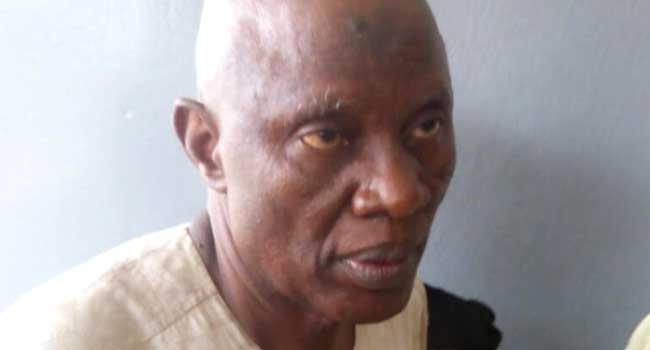
He explained that INEC had about 12,000 staff and about 6,000 were directly involved in the election process. “During the last registration exercise, we deployed a total of 300,000 persons and for the election itself we deployed a total of 400,000 people (nationally),” Mr Igini said.
In light of the huge numbers of ad-hoc staff contracted for elections, “the success, outcome is largely in the hands of the other members of staff brought into the system for the conduct of election on that day. This is the practice everywhere,” he said.
On the integrity of the members of staff of INEC, he said the INEC chairman and those working with him had kept faith to their promise to ensure that the will of the people governs.
He expressed skepticism concerning reports of the Electoral Officer who compromised the election process in Anambra state at the governorship election which held in November 2013. “Compromising a process does not give only one meaning,” he said.
He also argued that it was not confirmed that the INEC officer compromised because there was a mix-up in election materials. “That mix-up, could it be deliberate? Was it a genuine mistake anybody could make? That’s a different thing all together,” he added.
He further said that reports of the compromise were opinions and not fact. “Information is better than opinion. You must get the facts first.”
Speaking on former elections held in the country as well as the preparedness of the electoral umpire to deliver in coming elections, Mr Igini, a guest on Channels Television’s breakfast programme, Sunrise Daily, stressed that there had been improvements in the past few years based on the decreasing number of election petitions.
“We must look at where we are coming from, look at where we are as we set concrete agenda for 2015,” he said.
According to Igini, the total number of petitions filed after elections in 2007 (which the National Democratic Institute (NDI), European Union and ECOWAS described as the lowest point of electoral discredit of our nation), were a total of 1721. (However), in 2011, after the election, in the entire country, the total number of petitions filed was just 724.
He complained that Anambra state had a history of high post-election petitions as the state recorded 145 election petition cases, the highest in the country in 2007. Also, in 2011, Anambra recorded 68 election petitions, also the highest number of cases in the country.
He stressed that elections are the collective responsibility of the people.
“All over the world, the outcome of election is a reflection of the commitment of the people (nation) to what they believe should be the ideal thing.
“Election day is a period to determine the commitments of all institutions, INEC and all other relevant stakeholders, particularly the political parties, politicians in getting the kind of election that the country deserved,” he added.




